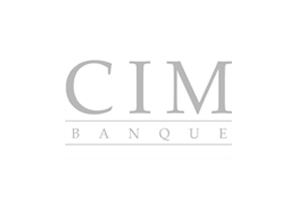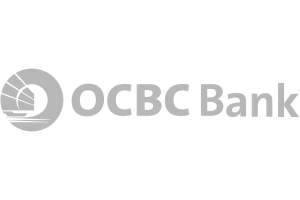Funds and trusts
Trust originates from common law. It represents the form of fiduciary legal relations associated with property management. Despite the widespread misunderstanding, trust is not based on a company but is the form of an agreement. Practically, trust creation is associated with numerous nuances and legal requirements to comply with.
General benefits and types of trusts
The creation of a trust is associated with these benefits:
- asset protection
- confidentiality of the beneficiaries’ details
- secure transfer of assets to heirs
- effective for tax planning
There are many types of trusts: revocable, irrevocable, testamentary, fixed, etc. Prifinance lawyers will be glad to consult you more precisely on the matter of what kind of trust can suit your current objectives.
Structure of a trust agreement
In the course of trust creation, there are the following parties to this agreement:
- Settlor – a person who launches the procedure of trust formation and transfers assets for subsequent management.
- Trustee – a person to whom the assets are transferred for management in order to realize a concrete task or gain specific benefits. A trustee is forbidden to gain direct benefits from asset management.
- Protector – a person chosen by a settlor to oversee a trust. In different states, such titles as appointer, enforcer, or committee may also be used.
- Beneficiary – a person who is entitled to gain the benefits from a trust as well as actually obtain the assets if certain requirements are fulfilled.
Trust creation procedure
Any creation of a trust covers these actions and stages:
- Defining the assets that will be passed to a trust.
- Determining the beneficiaries and trustees, collection of details about them.
- Drafting legal documents, including a trust deed.
- Signing a trust deed and completion of asset transfer.
Separate nuances to draw attention to
Registration of funds and trusts requires handling KYC (know-your-customer) procedures. It is necessary to request the details about the settlor and beneficiaries of a trust, including passport copies (birth certificates – for children). Recommendation letters from banks where active accounts are open may be also necessary. Letters of reference from attorneys are acceptable also.
With regard to the assets passed to a trust, it is necessary to provide their tax history. The signing of a trust deed should be carried out personally in most states. Online trust creation is acceptable in rare cases. The subsequent registration of trust is compulsory in most jurisdictions. A fee for the trust maintenance is charged annually.
How Prifinance lawyers can help?
Prifinance lawyers are ready to provide you comprehensive support in the course of the creation of funds and trusts, namely:
- collect all required details and documents;
- formalize trust documents;
- handle negotiations with the representatives of state and municipal authorities;
- ensure the support with settling all other matters that may appear in the course of trust creation.
Provide extensive details for more precise consultations and suggestions that can be effective for your future project.








